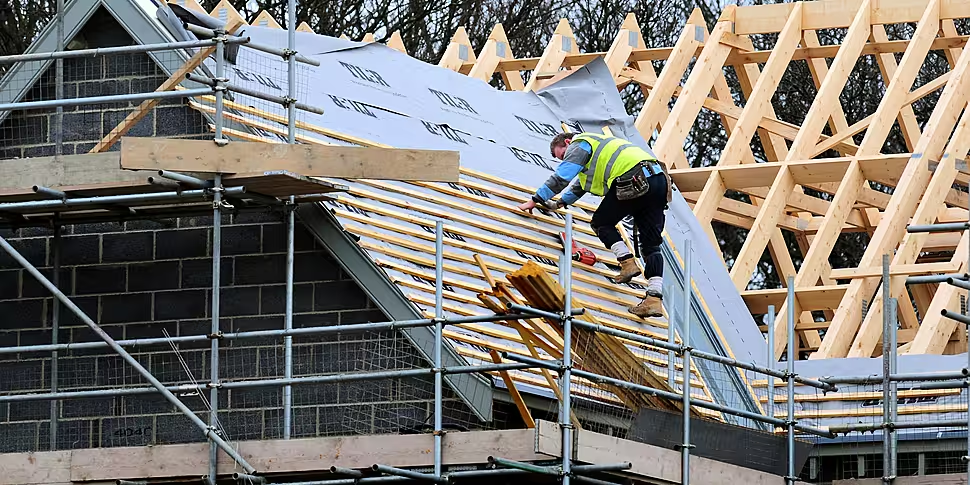The average electricity bill in Ireland can range anywhere from around €700 to more than €1,200 per year.
One homeowner decided to defy the stats and significantly cut costs by designing an energy-efficient home.
Francis Clauson is the owner of Ireland’s first-ever A1 energy built/Passive Certified home and pays just €150 annually on his energy bill.
He told The Home Show with Sinead Ryan how such a feat can be accomplished.
Francis explained that he works in IT and so approached the design of his house from a technology point of view and how to build a house that "didn't leak energy".
On the same programme, Brian McIntyre, Programme Executive in the Sustainable Energy Authority of Ireland (SEAI), explained that an A1 rated building is one that's "really well insulated".
"If you think of your home as a bucket of water, with the house being the bucket and the water being the heat, if you have an old, poorly insulated house, all that water is being lost through gaps and cracks in the bucket and you need to keep topping it up," he said.
"So Francis's house will be like a new bucket with no holes or gaps in it and it's just holding that water and that heat in it.
"So a really well-insulated house is the first thing you need to do, because that reduces the amount of energy you need to use for your heating system.
"The next step then would be to have a really efficient heating system, so something like a heat pump which is relatively new and goes into a lot of new houses and increasingly in retrofits and that uses very little energy to heat your house.
"You don't need much energy to heat your house and your energy system then uses very little energy to generate that heat.
"So those would be the two pillars of energy-efficient homes."
Solar gain
Both of those are incorporated into Francis's home, and when planning to build the house, he ensured that there was lots of insulation in the floors, walls and roof.
When the dwelling was being constructed around eight or nine years ago, he also wanted to ensure that the design was not compromised by its energy-efficient components.
"You need to think about the orientation of the home, the tree cover, those sorts of things, to make sure you maximise the solar gain input into the home," he said.
#iPHopendays who cares about snow #passivehouse pic.twitter.com/tk39oqPjyy
— Francis Clauson (@fclauson) November 9, 2019
The sun rises in his kitchen and sets at the far end of the house in his sitting room, meaning the solar gain is optimised throughout the day.
"The house starts warming as soon as the sun gets up which makes the house warm and very pleasant to live in," he added.
"Our house costs just €150 a year to heat, it's really amazing, €150 a year to warm, most of that for October through to February.
Francis uses a heat pump to warm the home when needed, which intuitively determines based on the current temperature how much heat to circulate through the house.
For those hoping to follow in his footsteps, he advised people to do early planning and draw out what they hope to achieve before they start doing anything.
Grants
For homeowners wishing to put in energy-saving capacity, there are a number of grants available from the SEAI.
Brian explained that the authority provides grants for insulation, to put in energy-efficient heating systems and for renewables.
Funds are available for insulation in the walls or roof, for installing heat pumps and for heating controls to make an existing system more efficient.
There are two different routes to obtain the grants, through a direct application from the homeowner to the SEAI or via the National Housing Retrofit Scheme, a "one-stop shop" which can facilitate people hoping to bring their house up to a B2 rating or better.
People can find out more about the grants from the SEAI or National Housing Retrofit Scheme online.









